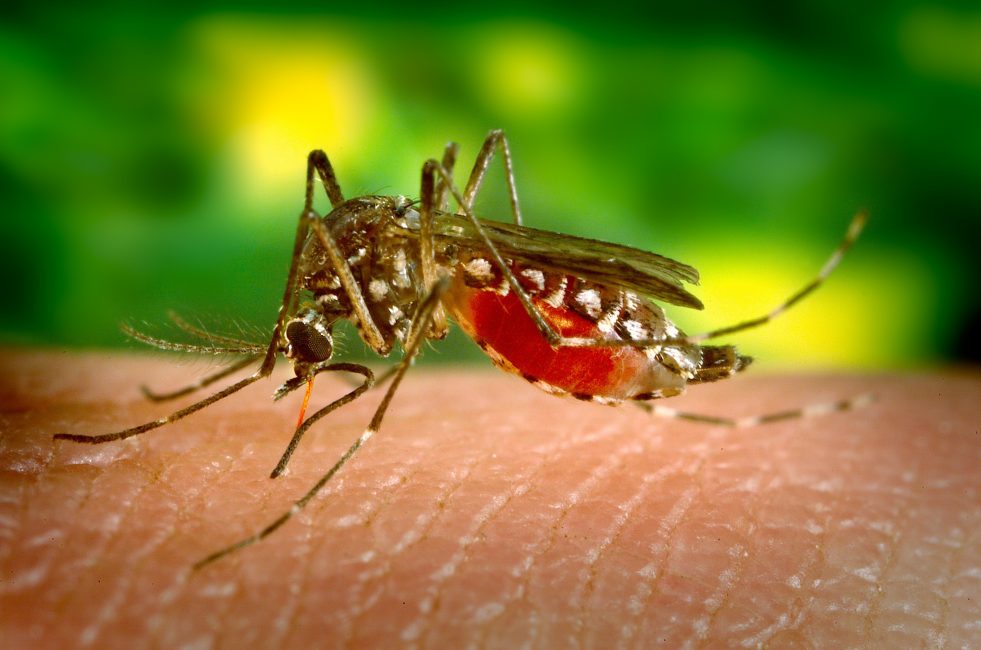
Your immune system and the sensitivity to the insect venom will determine the severity of the reaction.
- Mild reactions usually include redness, itching, mild swelling, and a stinging sensation. A mild reaction will usually clear up within one to two days.
- Severe reactions are also referred to as anaphylaxis and are mostly caused by wasps, hornets, bees, yellow jackets, and fire ants. If you notice any facial swelling, problems swallowing, nausea, vomiting, abdominal pain, difficulty breathing, rapid breathing, chest discomfort, weakness, dizziness, fainting, itching or hives all over your body, immediately seek emergency medical care.
The following situations can increase your chances at being stung or bitten:
- Outdoor activities
- Not wearing insect repellant
- Warmer weather
- Not using preventive flea and tick medications for your pets
- Not cleaning up places that make good breeding and nesting for insects
- Staying outside at dawn and dust when mosquitos are most active
- Eating sweets outside
The following are the most common treatments for bites and stings:
- Cold compresses to help with pain and swelling
- Pain relievers such as ibuprofen or acetaminophen
- Anti-itch creams such as hydrocortisone
- Calamine lotion
- Antihistamines
The information provided is for general interest only and should not be misconstrued as a diagnosis, prognosis or treatment recommendation. This information does not in any way constitute the practice of medicine, or any other health care profession. Readers are directed to consult their health care provider regarding their specific health situation. Marque Medical is not liable for any action taken by a reader based upon this information.

Favorite Platform

New Content




